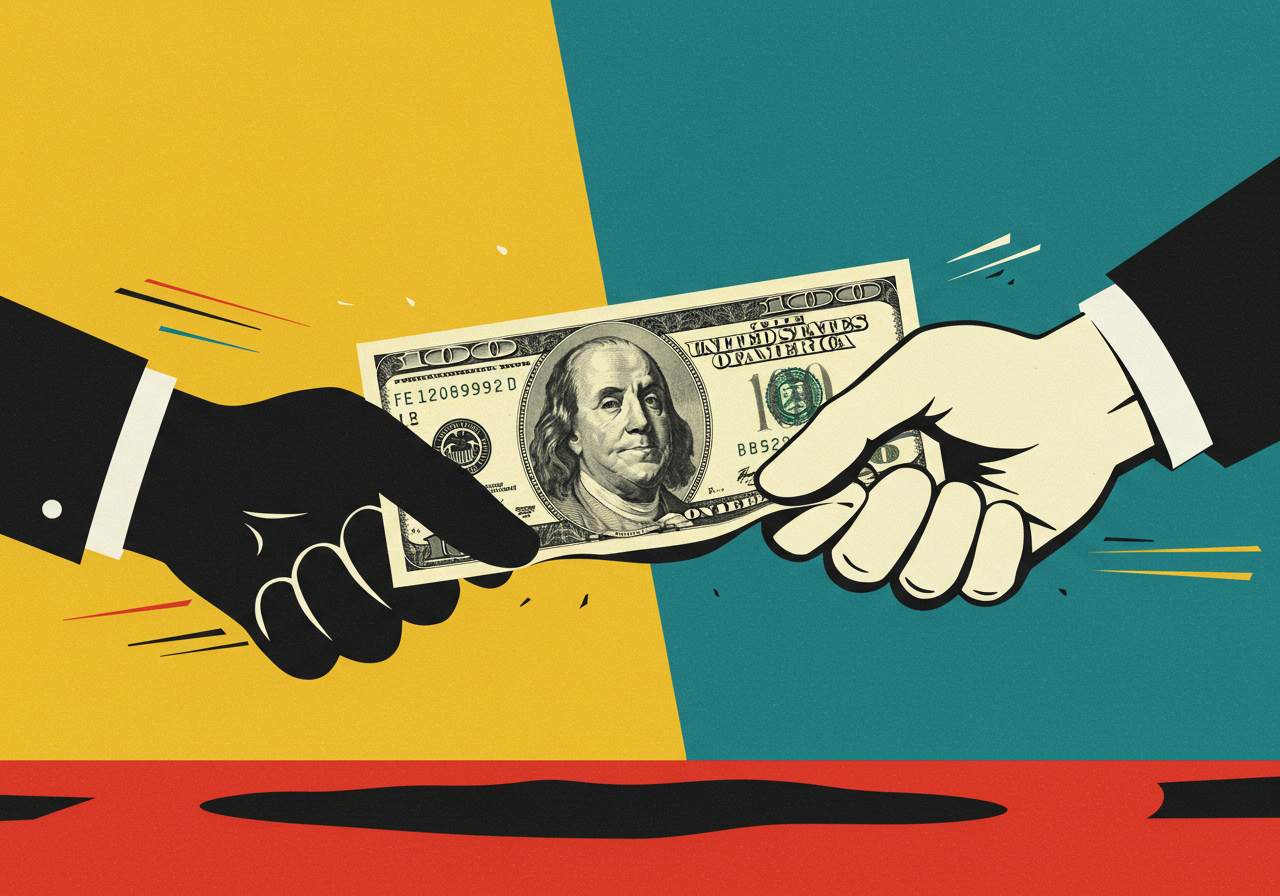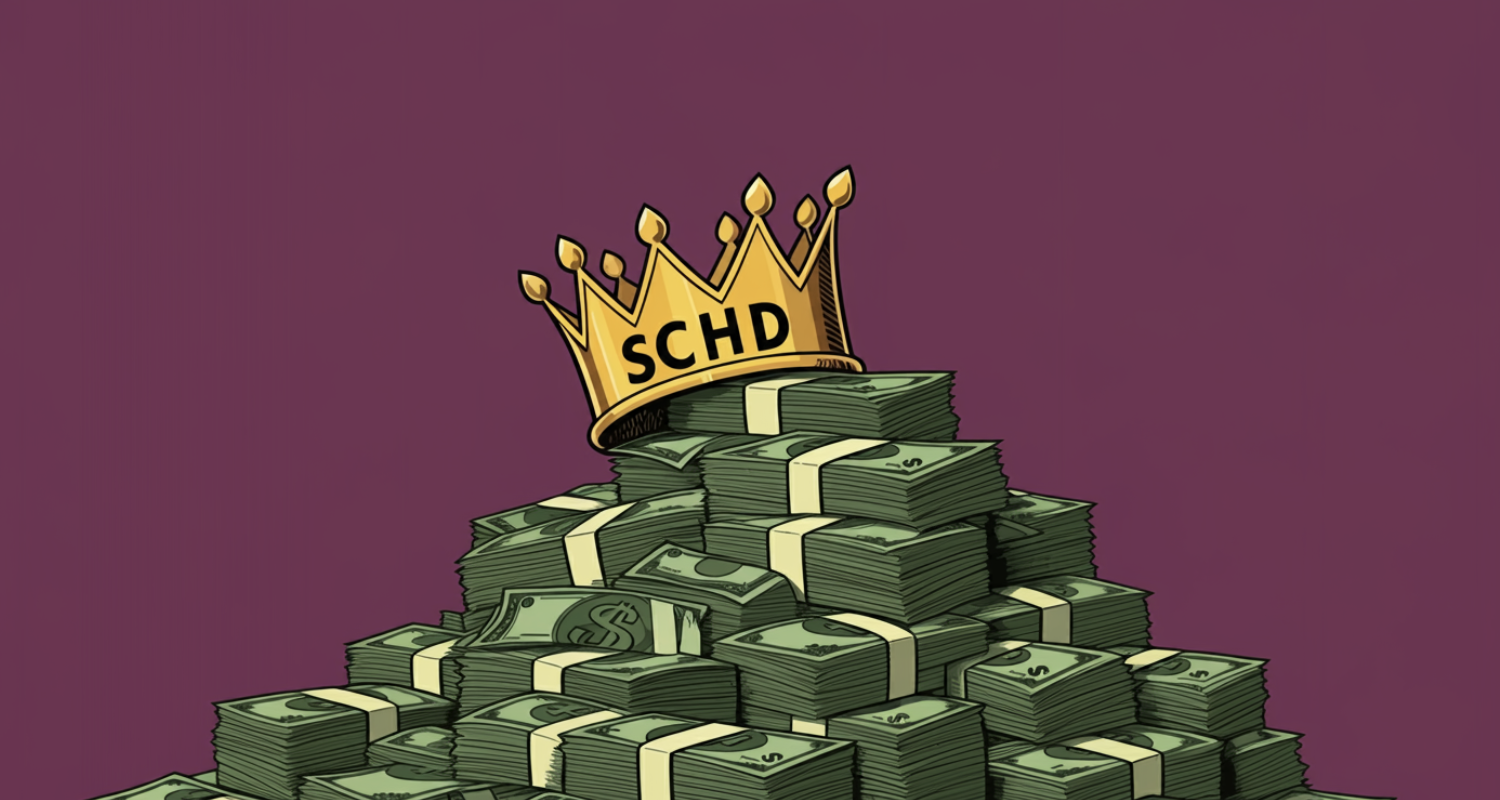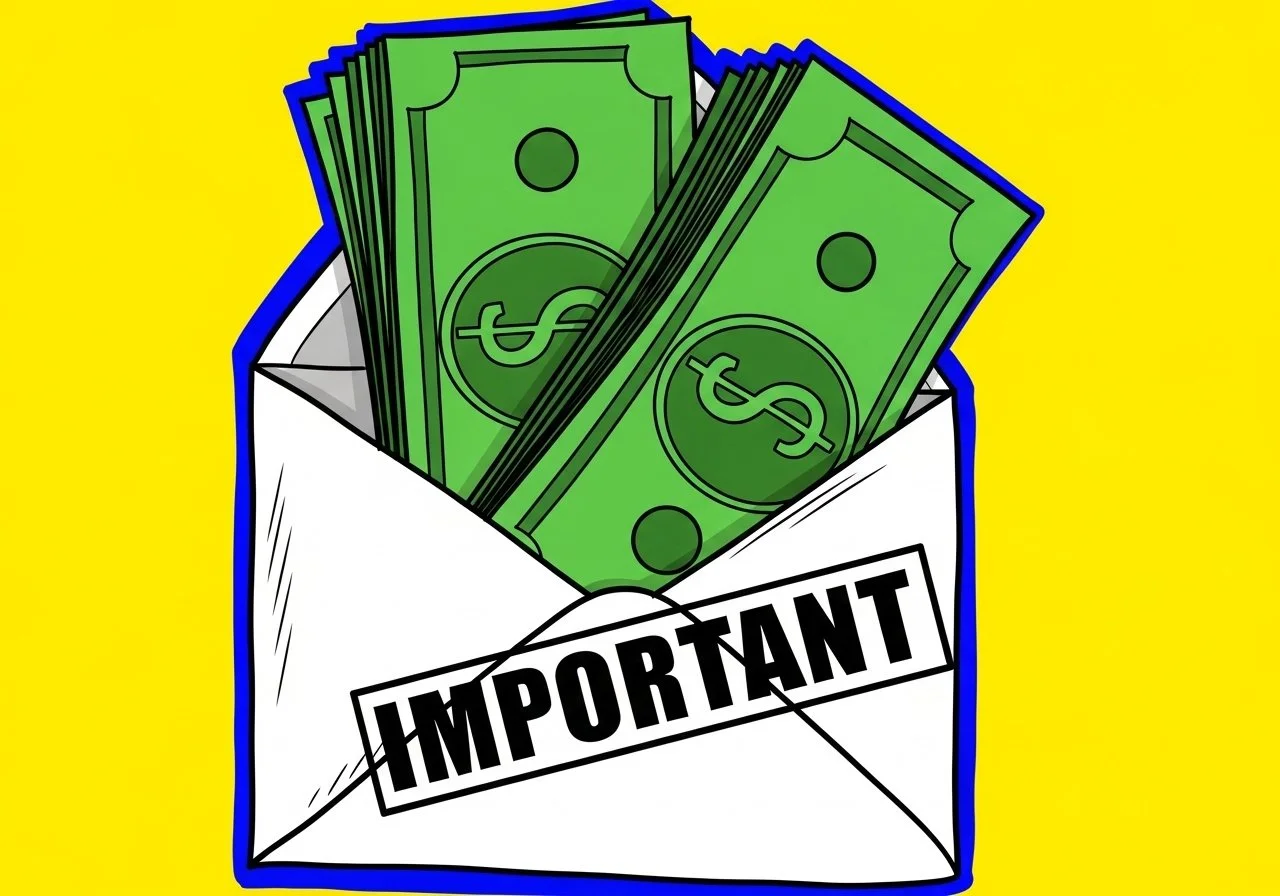Why Dividend Investors Can’t Win In This Crazy Market
Disclaimer: This page contains some affiliate links that might just lead you to the promised land of awesomeness (or at least some cool products). I personally use all of the products promoted, and recommend them because they are companies I have found to be helpful and trustworthy. I may receive commissions for purchases made through links in this post.
I feel like it’s a tough time to be a dividend investor right now. Have you felt that too?
It’s not so much that the strategy has changed or that there aren’t great dividend stocks to buy — there definitely are. I’m telling you about three of them here.
It’s tough because it seems like no matter which way you turn, someone is telling you that what you’re doing isn’t good enough.
On one hand, you’ve got the high-income crowd, which is all consumed by the current craze of high-yield covered call ETFs. Many of these funds (like ULTY) have only been around for a year or two, but they’re flashing outrageous dividend yields of over 100%, which are too tempting for many income seekers to turn down.
Source: Seeking Alpha
In my opinion, these funds are a house of cards built on shaky ground. Something tells me that there’s no way a yield that high can possibly be sustained without serious side effects, which many investors may not take into consideration.
Still, the partakers will tell you that your 2–3% yielding dividend growth stocks—or even your 5–6% yielders that are still growing—just aren’t enough. It turns out you’re not “dividend enough” for the dividend investors.
On the other hand, you’ve got the growth investors who are piling into whatever stock has the most momentum right now. Think companies like Palantir (PLTR), Hims & Hers (HIMS), and Rocket Lab (RKLB), which have seen their share prices skyrocket this year, a lot of it driven purely by momentum.
The owners of these stocks will tell you that your Visas (V), Zoetises (ZTS), and Casey’s General Stores (CASY)—companies that are still growing their sales, earnings, free cash flow, and dividends by double digits—aren’t “growth enough” to be worth owning.
So here we are, stuck in the middle. Not “dividend enough” for the dividend crowd, and not “growth enough” for the growth crowd.
That’s what makes this moment in the market so tough — it’s not enough anymore to just own profitable companies with consistent growth and hold them for the long term. Every direction you turn, someone’s telling you that you’re doing it wrong and that their way is better.
I’ve been thinking a lot lately about why that is. Why is patiently holding good companies with a long-term mindset being looked down on as a subpar investment strategy?
I think part of it comes back to what Warren Buffett said in his letter to shareholders from 2000:
“The line separating investment and speculation, which is never bright and clear, becomes blurred still further when most market participants have recently enjoyed triumphs. Nothing sedates rationality like large doses of effortless money.”
The market has been good for a long time — maybe too good — and maybe that has caused investors to become overconfident. As a result, what would’ve been called speculation a few years ago is now being passed off as smart investing (which means that everyone who does something differently is the opposite).
But as Buffett also wrote, that kind of behavior without checks and balances will “eventually bring on pumpkins and mice.” This easy-money phase won’t last forever, and when it ends, “a new wave of investors learns some very old lessons.”
Until then, the growth seekers and income chasers are going to be loud about it. From what I can tell, many of them are newer investors who’ve never experienced a real and prolonged market downturn. To be fair, I’m not sure I have either.
Nonetheless, while speculation still looks easy, it’s going to stay noisy. That’s why my plan is simple: tune it out.
Despite what anyone else tells you, the best investment strategy is the one you can adhere to through all of the highs and lows, year after year. At the end of the day, I’ve found the one that works for me, and that’s the only thing that matters.
With that said, I want to hear from you: What’s been the hardest part about staying disciplined in this crazy market? Write to me here and let me know.
Dividend Investing Democratized
Join thousands of savvy investors in the pursuit of early retirement. Get Retire With Ryne delivered straight to your inbox every week as you build your perpetually growing, cash-flowing dividend stock portfolio.
I use Seeking Alpha every single day, and have done so for years now. It's my go-to website for everything related to stock research, and it's been essential in helping me become a better investor.
Whether I'm looking up dividend stats, reading the news, listening to earnings calls, or just want to find out what others are saying about a particular stock, Seeking Alpha has it all (for free), and the Premium version is even better.
The Premium version gives you unlimited access to Seeking Alpha's library of articles, personalized portfolio tracking tools, and a ton of other essential features for the dedicated dividend investor. You can see the full list of Premium features here.
Right now, Seeking Alpha is offering a 7-Day FREE Trial of their Premium platform so you can try it out risk-free. The best part is, if you end up loving it (which if you're like me, you definitely will), you'll automatically get $30 OFF of your annual subscription.
It's normally $299 for the year, but with the discount it comes out to $269. I've been using it for years, and have definitely found it to be worth the money.
If nothing else, it's at least worth checking out the 7-Day FREE Trial.
IN MY PORTFOLIO 📈
Portfolio performance provided by Snowball Analytics
ICYMI 🎥
All Our Dividend Income From July | Ep. 31
In this episode of The Deep End, we break down all of our dividend income from July, share the latest moves we’ve made in our portfolios, and talk through what we’ve got planned for August.
CAREFULLY CURATED 🔍
📺 The Hardest Part of Investing - In the past, I’ve written about something I call "The Boring Middle" of investing—and in this video, my good friend Kai explains why it’s the most difficult but also the most important part of the investing journey.
🎧 Essential Habits of Resilient Investors - I recently came across a new (to me) podcast called Skippy and Doogles Talk Investing. These guys are great—and this conversation with Richer, Wiser, Happier author William Green was just as good.
📚 The Mathematics of Quality Compounding - Complex systems (like the stock market) change over time in often unpredictable ways. If you've ever wondered why, this article by Paul Higgins explains it pretty well and shares how to make high-quality investing decisions amidst the market madness.
SINCE YOU ASKED 💬
"I’m a beginner investor, but I’m starting later—at 48. With $10,000 to invest, should I stick to a couple of ETFs or buy individual stocks?"
- Longriflem14 | YouTube
My personal opinion is that anyone just starting out with investing—no matter their age—should start with ETFs. For brand new investors, it’s the easiest, most sensible way to get started because it takes all the guesswork out of investing.
When you’re first starting out, you probably have no idea how to pick stocks or what to look for in a potential investment. And one of the most common questions beginner investors have is What should I buy? ETFs, which are essentially pre-built, well-diversified portfolios, solve that problem for you.
Now once you’ve gotten comfortable with ETFs and understand the basics, then it’s perfectly fine to start branching out into a few individual companies if you have the itch. But you’ve got to learn how to walk before you can run.
I actually did the opposite when I first started investing. I went all-in on individual stocks and loaded up my portfolio with somewhere between 20-30 different companies.
Being thrown into the fire definitely forced me to learn quickly, but looking back, it wasn’t the best approach for a brand new investor. It all ended up working out just fine, but if I had to start from scratch—knowing what I know now—I’d definitely start with ETFs.
Have a question? Ask me here to see it featured in an upcoming newsletter.
LAST WORD 👋
As you’ve probably noticed from the ICYMI section over the past few weeks, I’ve now published all of my stock research, book notes, and notes from the Berkshire Hathaway shareholder letters on my website.
I’m adding to each of these as often as I can, and have been especially busy on the stock research side lately with earnings season in full swing. You can check out all of my notes at the links below:







